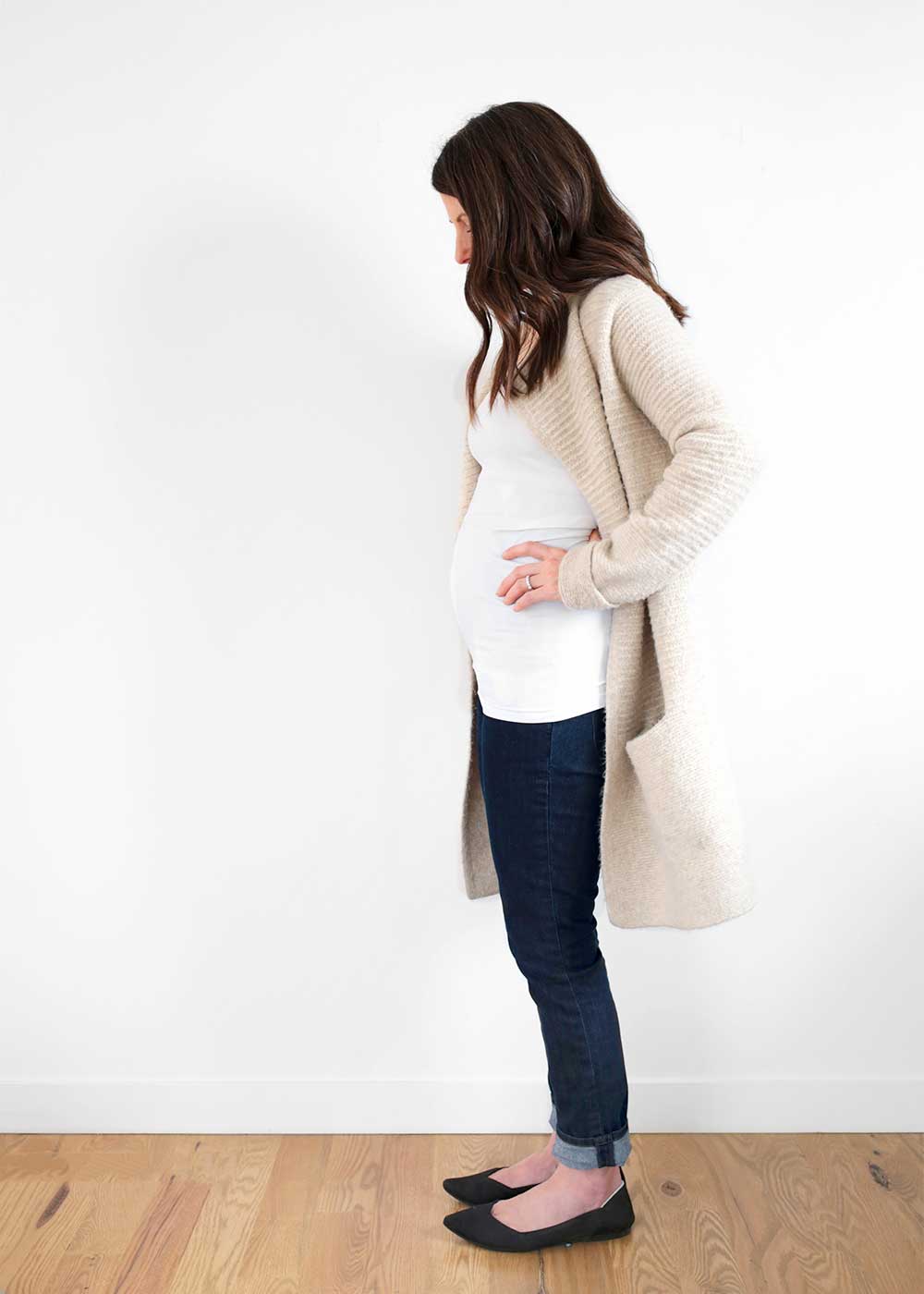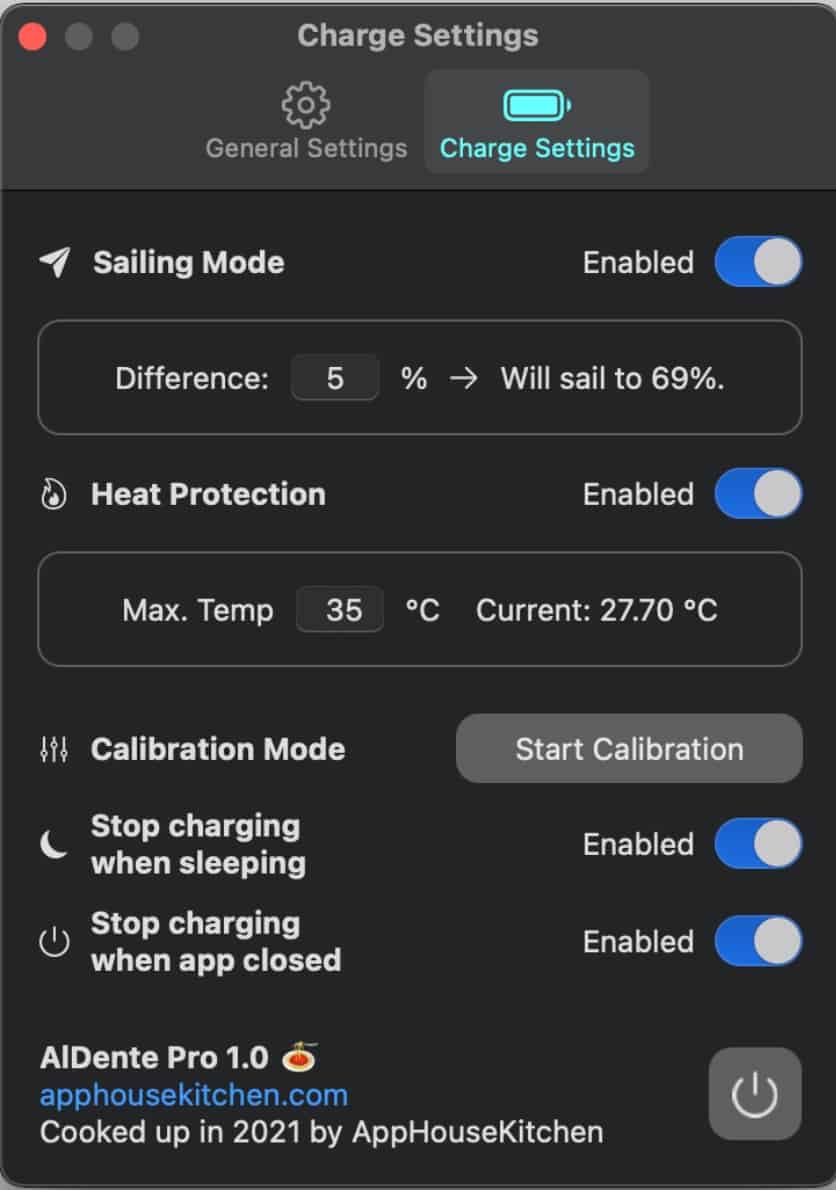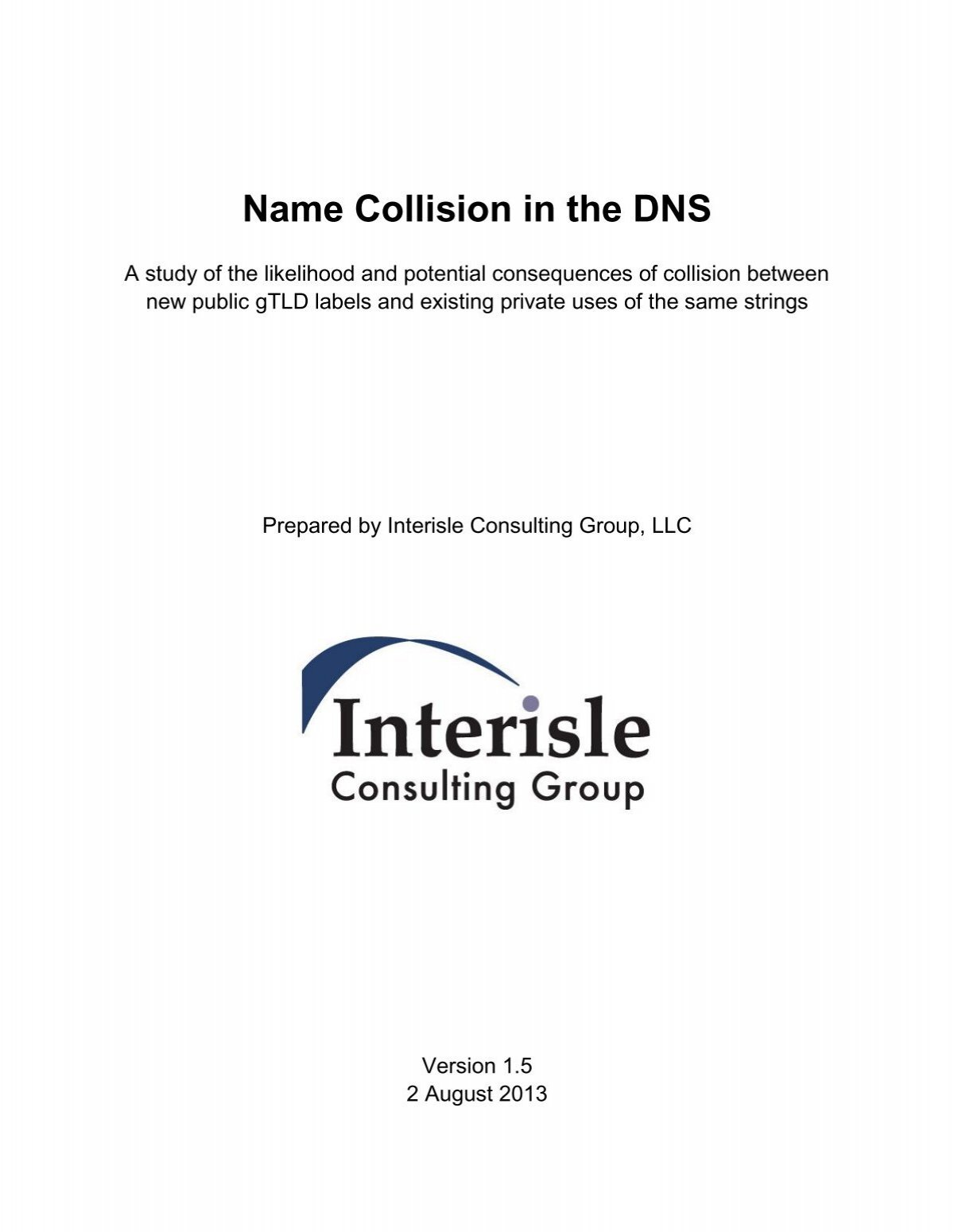
This photo was captured prior to the arrival of our son Emiliano. Max was under the impression that I wouldn’t actually go into labor at 32 weeks that day, so he got ready for work, just in case!
As of today, I am 35 weeks pregnant. I just experienced a gentle rolling sensation beneath my belly as the baby girl pressed her leg or arm against me. With each week, her presence becomes more tangible, and we’ve been getting ready for her arrival by clearing space in her older sister’s room and preparing our hospital bag. However, what’s also been occupying a lot of my thoughts are two precious moments surrounding labor and delivery…
The first moment is introducing our two older kids — Ella and Emiliano — to their little sister. This Instagram reel offers clever tips for that crucial moment. I adore how the baby is in the bassinet when her big brother steps into the hospital room, and how her mom has her arms wide open for a hug. And that family group hug at the end? COME ON.
But my favorite part? The parents placed photos of their son into the baby’s bassinet. That simple act created a space for him to feel cherished and acknowledged. It also conveyed how eager his sister was to meet him. Isn’t that such an easy yet lovely tip?
Ella and Emiliano missed their first meeting-in-the-hospital moment because after his birth, he spent a month in the NICU, where visitors under the age of 14 were not permitted. So, they met at home for the first time, which is one of my most treasured memories. This time — if everything goes smoothly with this delivery and my two kids can visit us in the hospital — I would love to hang their pictures in the bassinet for them to feel a connection with their new sister.
***
The second moment following delivery for which I’m gathering the courage to prepare is taking a photo with my labor and delivery nurse. Whenever someone inquires about my birth stories, I ALWAYS mention the nurses who supported me. These incredible women! So compassionate and gentle, they were the protectors of my body and spirit during a time that felt sacred yet daunting.
I will never forget the nurse who assisted me while I labored with Emiliano. She allowed me to grip her hands as tightly as possible when I received my epidural. And when I winced during contractions, she stroked my hair and guided me through breathing techniques. She even remained after her shift to witness Emiliano’s arrival and noted his weight and height on his baby tag.
Every time I think of her, I feel emotional, and to this day, I regret not capturing a photo with her. At that moment, I felt too shy to ask and didn’t want to be a bother. But now I wish I had a picture to show Emiliano of the nurse who guided me through one of the toughest episodes of my life and helped bring him into this world.
<pIf I’m fortunate enough to encounter another group of empathetic labor and delivery nurses this time, I will seize the opportunity and request a quick selfie. Because these amazing individuals play a significant role in the unforgettable moments we will always cherish.
If you’ve welcomed a baby, what labor and delivery moments were meaningful for you? Do you have any advice for others? I would love to hear.
P.S. Who would you choose to have in the room during childbirth, and what was the first meal you consumed after giving birth? Additionally, 10 ways to assist new parents.
**Anticipated Hospital Experiences Upon My Baby’s Arrival**
Welcoming a new baby into the world is a significant milestone brimming with excitement, anticipation, and a hint of anxiety. Grasping what to expect during your hospital stay can help alleviate some uncertainties and enable you to concentrate on the joy of welcoming your newborn. Here’s a comprehensive outline of the expected hospital experiences upon your baby’s arrival.
**1. Admission and Labor:**
Upon checking in at the hospital, you will be admitted to the labor and delivery unit. Medical professionals will assess your vital signs and monitor the baby’s heart rate. Based on your birth plan and the progression of labor, you may be offered pain relief options like an epidural. The duration of labor can differ significantly, so it’s essential to remain as comfortable as possible.
**2. Delivery:**
When it’s time for delivery, you will be transferred to a delivery room. A team of healthcare providers, including obstetricians, nurses, and potentially a midwife, will assist you. They will support you throughout the pushing phase and ensure the safety of both you and the baby. In some situations, a cesarean section may be required, and the medical team will prepare you for the procedure.
**3. Immediate Postpartum Care:**
Once your baby is born, they will undergo a brief assessment to confirm their health. This assessment includes checking their Apgar score, which measures their heart rate, breathing, muscle tone, reflexes, and skin color. You will have the chance for immediate skin-to-skin contact, which is beneficial for bonding and initiating breastfeeding.
**4. Recovery and Postnatal Care:**
After delivery, you will be moved to a postpartum room where you will remain for the duration of your hospital stay. Nurses will monitor your recovery, manage any pain, and assist with breastfeeding. Lactation consultants may be available to address any breastfeeding challenges. A pediatrician will also conduct a thorough examination of your baby.
**5. Newborn Procedures:**
During your hospital stay, your newborn will undergo several routine procedures, such as a hearing test, a heel-prick blood test for metabolic disorders, and vaccinations like the hepatitis B vaccine. The baby may also receive a vitamin K injection and antibiotic eye ointment to prevent infections.
**6. Education and Support:**
Hospitals often offer educational resources and support for new parents. This may encompass classes on newborn care, breastfeeding assistance, and postpartum recovery. Take advantage of these resources to feel more prepared in caring for your newborn.
**7. Discharge Planning:**
Before you leave the hospital, the medical team will ensure that both you and your baby are healthy and ready to return home. They will provide guidance on postpartum care, newborn care, and symptoms of complications to be aware of. You will also set up follow-up appointments with your healthcare provider and pediatrician.
**8. Emotional Well-being:**
The postpartum phase can be an emotional period. Hospitals may provide mental health support services, including counseling or support groups. It’s vital to communicate any feelings of anxiety or depression to your healthcare provider.
**Conclusion:**
Being aware of the anticipated hospital experiences upon your baby’s arrival can help you feel more prepared and confident. While every birth experience is unique, understanding what to expect can reduce some stress and allow you to focus on the joy of welcoming your new baby into the world. Remember, the hospital staff is there to assist you at every step, ensuring a safe and positive experience for both you and your newborn.




